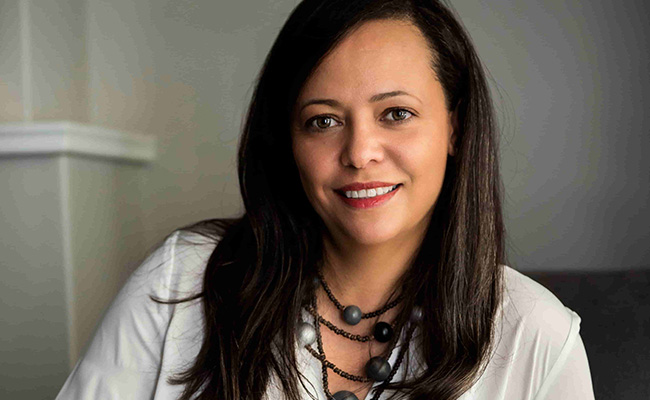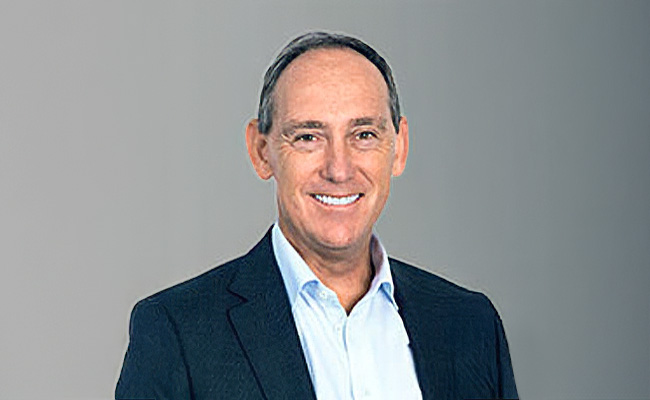Cut through the marketing hype, and there is scant evidence that South Africa’s asset managers are putting their money where their mouth is when it comes to responsible investment, says shareholder activist organisation Just Share in a new report.
“This is the first time that the country’s asset managers are being assessed against a responsible investment best practice framework, and what this has shown is that their commitment to these principles is often superficial,” Tracey Davies, executive director of Just Share, tells Currency.
Davies says because there is no set standard against which local asset managers can be judged, “they are able to say pretty much what they want to about their responsible investment approach, and clients are unable to assess the credibility of these claims”.
This is evident in the 62-page report, which ranks South Africa’s 20 largest asset managers on a ranking of “A” to “F” when it comes to responsible investment, using the methodology created by UK-based Share Action, which was used to rate 76 global asset managers.
This provides a bracing reality check. Only three South African asset managers scored a “D” or above – Ninety One topped the local list, followed by Allan Gray and Old Mutual Investment Group. Thirteen others scored an “E”, including the largest in the country, the Public Investment Corporation (PIC), while four scored an “F”.
“South Africa is often regarded as a leader in responsible investment practices in emerging markets. However, this report finds that South African asset managers are now lagging in meeting global best practice,” the report says.
Karishma Bhoolia, senior climate risk analyst at Just Share, says that while the South African asset managers did better than their global counterparts on governance – partly because of the long history of compliance with the King code dating back to 1994 – they did considerably worse when it came to climate, biodiversity and social commitments.
“Some of the asset managers, who frequently talk up their responsible investment credentials will have been quite shocked by how low their scores were in practice. But this is actually an opportunity for them to see where the gaps are, and improve,” says Bhoolia.
These gaps are clear: a “stark disconnect” between what they say they’re doing and what is happening in practice; “inadequate public disclosure”; an absence of “science-aligned decarbonisation targets”; and vague “engagements” with the companies in which they invest.
Davies says the real test of whether asset managers are implementing responsible investment practises is whether their actions lead to actual changes in the behaviour of companies in which they invest.
“The absence of real-world impact demonstrates that claims about responsible investing are often little more than greenwashing,” she says. “We know that there are many ‘engagements’ taking place, but there is no strategy for escalation when those engagements don’t achieve results.”
There is no point at which asset managers say that if a company fails to make changes, there will be consequences, like voting against directors at its AGM, she says. In part, she says this is because the relationship between asset managers, executives and boards of directors is far too cosy.
Davies cites the case of Sasol, which has repeatedly failed to make good on its environmental promises, yet routinely wins support from shareholders for its climate policy at its AGM. This resolve will again be tested on November 14, when investors vote at Sasol’s AGM on its new “emissions roadmap”, which will replace its previous plan.
“Asset managers report ongoing engagements with Sasol, but because [this] is not backed up by a real threat of consequences if it fails to deliver on its commitments, this is a pointless exercise in which Sasol runs rings around those who represent the ordinary investors”, she says.
Bad role model
While few asset managers come out of this survey with enhanced credentials, the PIC, the largest in Africa which manages R3-trillion on behalf of government employees, comes in for a particular lashing. The report says the state-run manager “underperformed across all the responsible investment themes”, and is characterised by an “inadequate response” to climate, biodiversity and inequality.
Davies says the PIC, as the largest single investor on the JSE, ought to be an example to other asset managers of how responsible investing should work. Instead, it acts as if it isn’t answerable to anyone, let alone the 1.2-million members of the Government Employees Pension Fund on whose behalf it ostensibly invests.
“Given its size and mandate, the PIC should be the most transparent and accountable institution in the financial sector, but it behaves as if it has no obligation to act in the public interest at all,” she says. “Compounding this is the steady drip of news which points to poor governance inside the PIC itself.”
The PIC, which has made a series of abysmal investment decisions, including in poultry producer Daybreak Foods and Ayo Technology Solutions, last month suspended its chief investment officer, Kabelo Rikhotso, without properly explaining why.
This underscores the culture of poor disclosure among certain managers. As the report points out, none of the 20 South Africans managers disclosed their sustainability metrics to their clients, nor did any of them have an “engagement policy with a defined escalation process”. This compared poorly to the 21% of global managers who ticked the boxes on both these points.
Where local managers did better was on the metric of providing “detailed disclosure of engagements” with the companies in which they invest, where 45% of South African firms did so, compared to 61% of their global counterparts.
There were bright spots in the survey: Allan Gray was commended for disclosing high-level carbon accounting metrics for its local portfolios, Futuregrowth discloses its “impact metrics” for some funds, Old Mutual discloses “carbon intensities” for its ESG funds, and Prescient discloses jobs created and electricity generation for some funds.
‘Wrong approach’
Asset managers contacted by Currency were understandably cool on Just Share’s conclusions.
Daisy Streatfeild, chief sustainability officer at Ninety One, says while the company is pleased it did well compared to its peers, “we disagree with some aspects of the indicator set they use to assess performance”.
Streatfeild says Ninety One does not believe that a blanket exclusion on holding certain assets – like coal – is the right approach if you want to ensure positive change in the real world. “Similarly, targets based on reducing portfolio emissions simply incentivise divestment and in particular risk divestment from companies in emerging markets, where capital is most needed to support sustainable economic development and transition,” she says.
Stephan Bernard, an investment analyst at Allan Gray, feels Just Share’s assessment is too inflexible, though he adds that his company is keen to improve its approach to responsible investment. Bernard says while he understands the desire to bring uniformity to assessing asset managers’ efforts on ESG, “we do not think a standardised rating scale captures the nuance and depth inherent in [their] respective approaches”.
Rob Lewenson, head of responsible investment at Old Mutual, says the Just Share report is a “very comprehensive assessment using international methodology”, which his company tried to respond to as best as possible. “Nonetheless, we were pleased to see that we rated among the top responsible investment managers in the country and will use the findings to continue to advance and enhance our sustainability credentials,” he says.
Bhoolia says that since this is the first such report, it will provide an independent yardstick against which asset managers can demonstrate their improvement in future years.
Top image: Rawpixel/Currency collage.
Sign up to Currency’s weekly newsletters to receive your own bulletin of weekday news and weekend treats. Register here.















This should be a contrarian indicator. The higher the score the lower the investment performance. Invest with the F’s!
Well, Justin, at least now we know that no-one who cares about people or the planet should be investing with PSG.